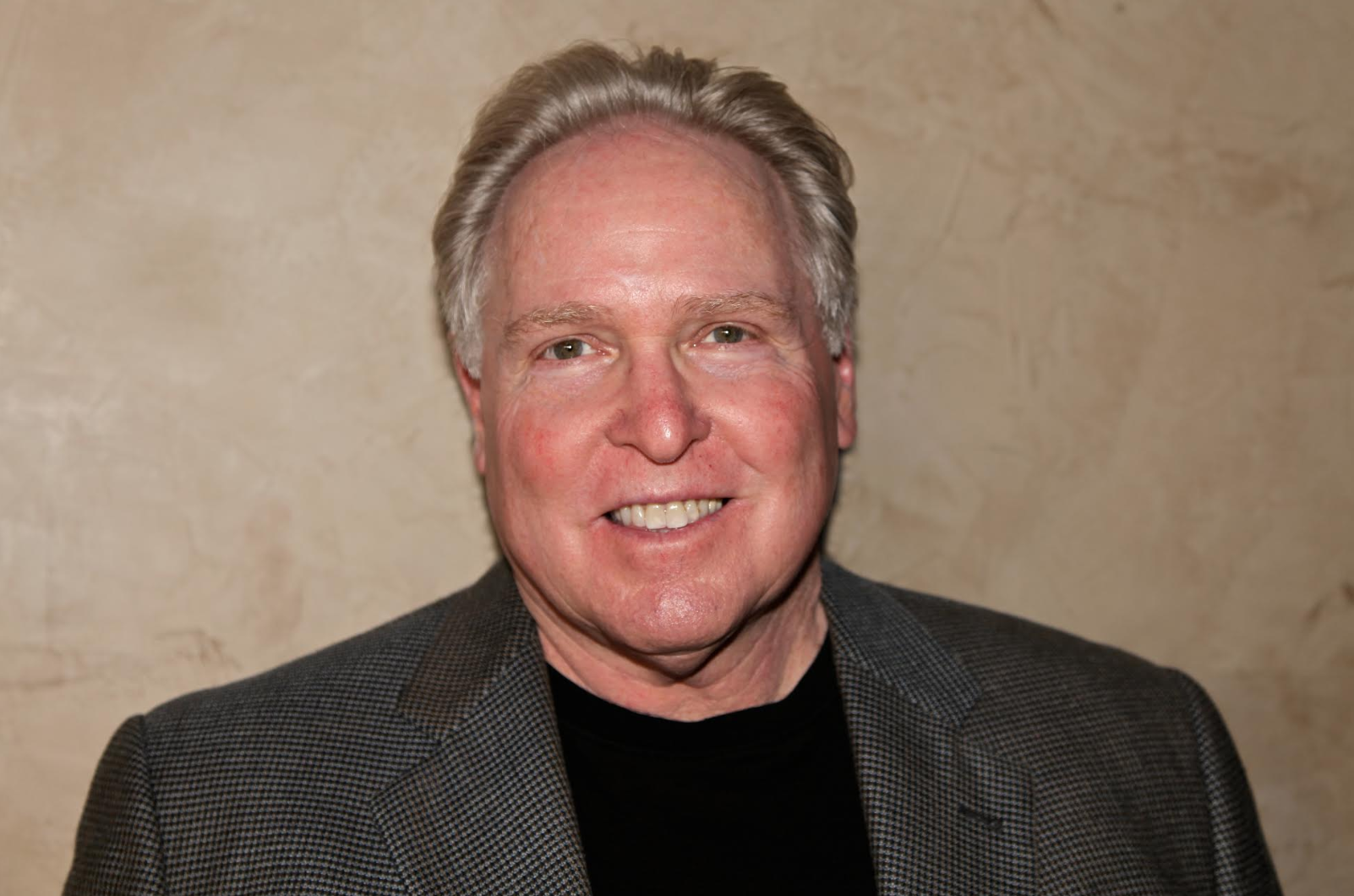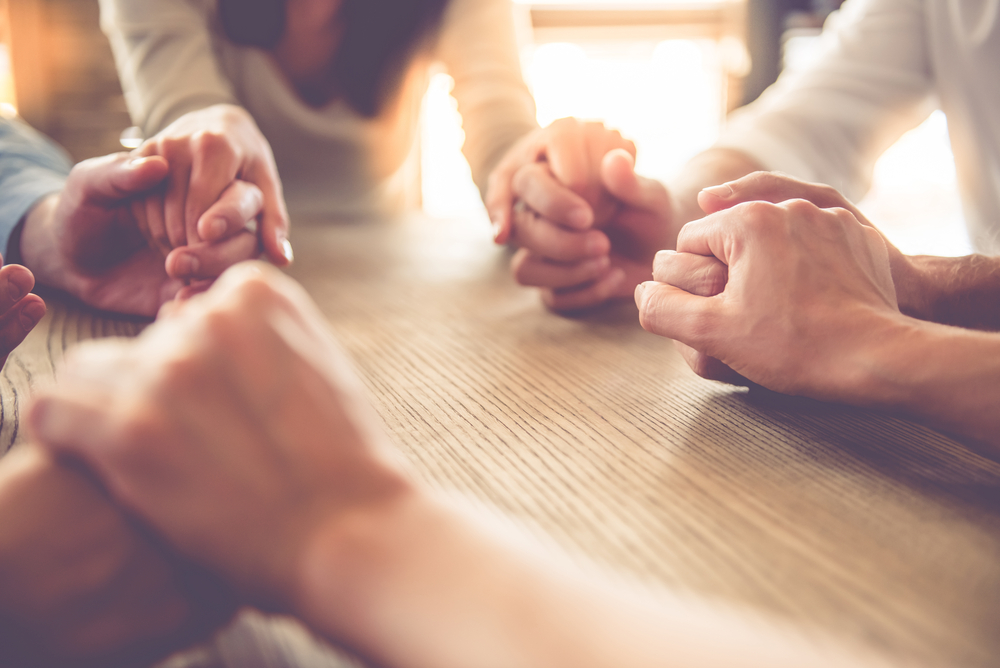The questions “What is truly best for our nation?” and “Are we in for a democracy showdown?” are in the air as we bid farewell to 2021. The historic moment of danger, truth, threat, and opportunity that is upon us as individuals, families, communities, states, and American citizens asks us to consider the full spectrum of personal, familial, social, national, and global “goods,” as in: “What is good for me personally, and for my kids and family?”; and “What is good for the town I live in, the state where I reside, and the nation I’m fighting to protect?” These questions and the deliberations that come with them are under great scrutiny as we aspire to be patriotic Americans who do the right thing. We’re facing what political scientists, historians, and experts are urgently describing as “our democracy on the brink.”
The problem is that we have two very different definitions of “good” in America. Self-proclaimed patriots from both parties don’t just think the other side is “wrong,” they think it is “evil.”
“Appeals to our better angels, like yours, Ken,” a wise colleague commented, “fall on deaf ears if they think you’re the devil. Civility is predicated on the notion that there’s a bipartisan middle to go back to, and I fear that time has passed.”
Two different models of democracy are undeniably fighting for power in our country—one believing in representational democracy with greater diversity, and the other fearing that this will result in the demise of our republic. Many fear that a coup is likely to stem from a systematic subversion and corruption of voting protocols and election laws, as well as from violent calls to action, like the January 6 insurrection, which was a response to “the Big Lie.”
As a relatively naive and arrogant optimist who has helped bereaving parents, dying marriages, hopelessly failing companies, and communities riddled by racism find their way back from the brink, and who writes how-to op-eds like this one, I’m often thanked for my positive outlook. And I am criticized equally for failing to realize that my “Everyone needs to come together” exaltations have segued into the likes of “How do we keep our country from erupting into a violent civil war?”
A friend recently told me, “Nothing’s going to change, Ken, until the underlying sources of disruption are at least acknowledged.” We search for hope and an optimistic way to frame what’s happening in our country, short of “Hey, it all worked out after the Civil War, didn’t it?” I’ve been drawing from 45-plus years of experience on the front lines as a consultant, executive coach, and confidant to leaders in business and government. What did men and women who were searching their souls do to make a difference, elevate their critical thinking to new highs, and put their highest-held values into concrete action?
Having facilitated the awakenings and transformations of clients who have aspired to live by the laws, agreements, and missions they have devoted their lives to, I’ve been part of their deepest and most profound deliberations. Having shared in their greatest triumphs and tragedies, I’ve come to know the options they’ve faced and the choices they’ve made in meeting moments of truth. By deescalating fierce differences, finding common ground, and making humble compromises, they’ve ended up serving a universal common good for themselves, their kids, grandkids, and the future of peace and equality that hangs in the balance.
I share these options, in the form of first-person questions, with you today, not only in the hopes of inspiring the better versions of ourselves—that is, “our better angels”—but with the understanding that we have two different views of the common good operating in our country. As a colleague of mine put it, “We can’t even decide on friggin’ masks and vaccinations, much less who won the last election.”
1: As I rightfully protect myself, my family, and my life’s work, to what degree, if any, have I considered the big picture of a common good? To what extent have I factored in the welfare of others who, for reasons that could be debated endlessly, are suffering and in need of help? And where do I stand on issues like humanitarian assistance, service, charity, and social justice?
2: Have I become bitter, self-righteous, resentful, callous, greedy, cynical, polarized, despairing, and/or indifferent to the needs of my fellow Americans, as well as those around the world who are suffering? Or do I still possess the elements of kindness, compassion, humility, hope, charity, and a genuine sense of responsibility for others?
(Whether and how to extend this kindness to “the other side” is the challenge I’ve had to face with warring spouses, siblings, neighbors, coworkers, and communities whose underlying emotions have encompassed deep-seeded hatred, fear, resentment, and distrust of the other side. I think back to images of John Lewis being beaten on the Edmund Pettus Bridge, housewives insulting a black girl as she was escorted by armed troops into a segregated high school in Selma, and presidential candidate John McCain telling an Obama accuser, “No, ma’am, he is a decent family man, and a citizen that I just happen to have disagreements with.”)
How can salt-of-the-earth Americans who go to church every Sunday and are the first to bring over a casserole if someone is sick, be so unkind? How can I tap into my sense of humanity and compassion when hatred, fear, and aggression arise in me and turn moments of virtue (where I become part of an achievable solution) into moments of vitriol (where I become part of the problem)?
3: Am I taking responsibility for my part in either perpetuating or creating the problems and challenges that we as a nation currently face, and that my grandchildren will have to confront in generations to come? Do I see myself as a warrior who is protecting my grandkids in a way that’s only making things worse for them? What would have to happen for me to get more on the solution side of things? Am I willing to open and soften my heart enough to reimagine a better, less contentious version of the future than we are currently creating? Can I discipline myself to practice restraint, value the well-being of our country over party-line politics, and disagree without hating? And what would have to happen for me to do so?
4: Am I feeding my fears by watching, listening to, and reading the hate speech of demagogues who fan the flames of division, righteousness, and escalation, as well as those who project their own demons onto others? Am I being suggestible, gullible, and following the facts? Or am I a victim of dangerous misinformation? Am I cultivating the mind-set to listen long enough to discern the facts? To speak out directly but respectfully in confronting bullies and liars? And how approachable am I when I am wrong? Do I make peace when differing perspectives can be respectfully shared? Or do I make war? Do I know how to deal with those who are dangerously incapable of discussion or constructive disagreement, and are weakening our democracy with their words and actions?
5: Being “educated” has itself been used as a buzzword for Left-leaning elitists who look down condescendingly on anyone who doesn’t agree with them. Have I become judgmental in that way? Have I been conveying a “more educated than thou” message to others, assuming that I am an expert in something because I read about it in social media or saw it on TV? Have I remained open to the possibility that there are important things in this world that I could better understand? Do I keep my mind and heart open to other perceptions of history, or do I refuse to listen to or read up on anything that contests my views?
Whether you’re a leader, a follower, or someone who has fallen into cynicism and despair over the state of our nation, we are all part of the problem and part of the solution. We are all inescapably responsible for our role in creating an atmosphere of war, of peace, or of indifference in our personal lives, families, workplaces, nation, and world. By operating out of a sense of conscious and/or unconscious fear, bias, denial, aggressiveness, and righteousness against “the other side” rather than one of hope, honesty, kindness, humility, communication, understanding, integrity, compassion, and care, we are only making things worse.
We may be up against our own limitations when it comes to knowing what to do and then doing it. Trying to draw from what has allowed us to be successful in impossibly difficult situations in the past, we see that things don’t always work out. Sometimes bad things happen. People die, marriages fail, nations fall into an even deeper state of disrepair, and our lesser selves prevail. However, I’ve decided to keep the faith, rather than give up. I fight on, believing that it’s in our nature to work things out more than it is to destroy them, to value country over party, and to have the well-being of our grandchildren preside over our egos. And I invite you to join me.
It is our choice, our future. Let’s meet this historic moment of truth by cultivating a stronger sense of the higher good in ourselves, awakening to the grave dangers that threaten our democracy, humbly finding a way forward from the differences we have with one another, and courageously deescalating the conflicts that grow from self-righteousness.
To do so, we will need to reach for the best in ourselves—and in each other. And we must do our part to stop the bleeding now—to come to terms with our differences from a place of integrity and prevent the two Americas we live in from splintering irreparably. Failing to pull back from the brink, we will be rightfully scorned as a people who sacrificed democracy in pursuit of power, vengeance, and complacency. Our grandchildren’s future hangs in the balance, as does that of America.


